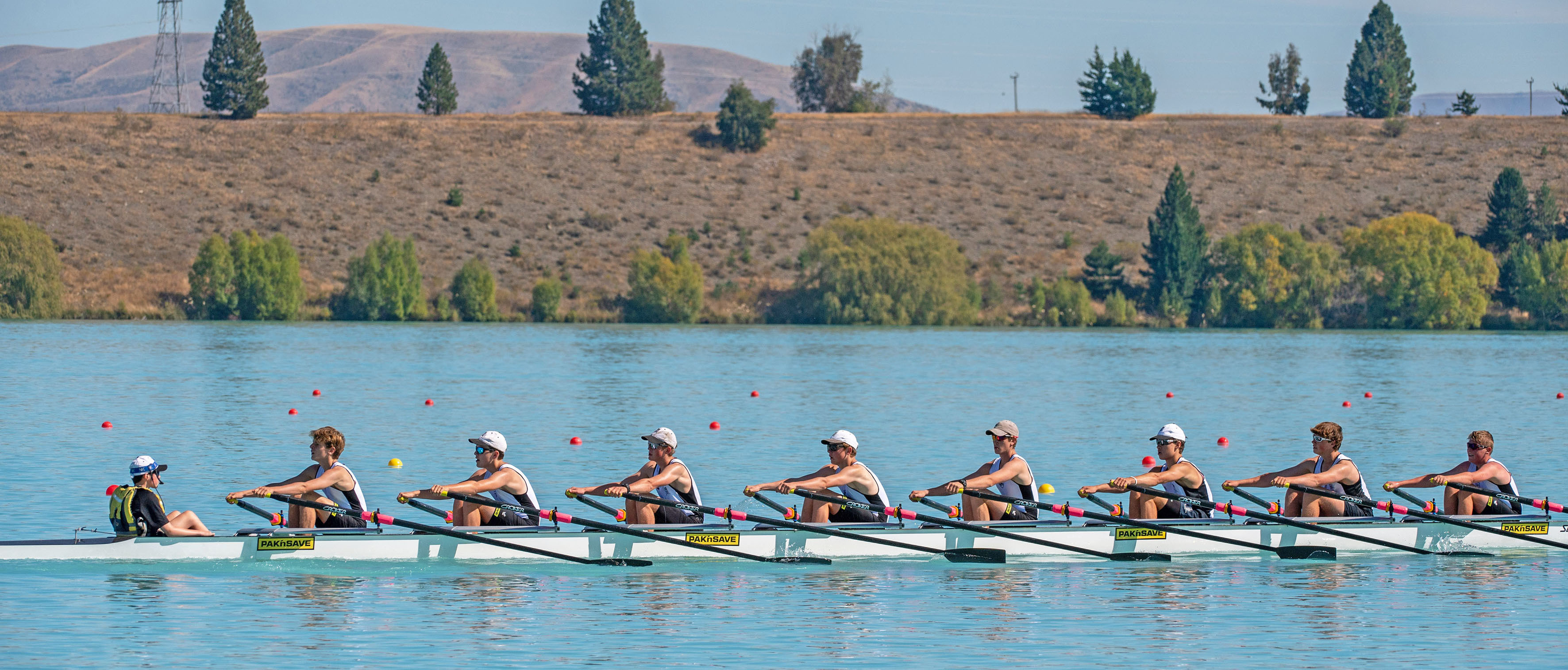Over recent weeks, my colleagues in Australia have been dealing with matters related to the ‘calling out’ of student behaviour between girls and boys as it relates to relationships and sexual behaviour.
It has been a time of soul searching for schools and the wider community, especially as it relates to consent and the consequences of unacceptable – and what can only be described as criminal – actions that have been revealed through testimony.
Here at College, we aim to educate our boys through Physical Education and wellbeing classes, MINDfit and MANifesto seminars, special activities like our Wellbeing Conference in Year 11 and Leadership Conference in Year 12 and visiting experts in adolescent behaviour. These lessons and programmes can help boys navigate sensitive matters and we assume parents fully engage with their boys to talk through these issues. We have also increased our parent education efforts, and this year, in addition to online support like School TV, our wellbeing team will enhance these efforts to align school and parent messaging that will help boys and girls as they navigate growing up in an increasingly sexualised environment.
Sadly, one of the matters revealed in Australia is the misuse of drugs and alcohol by young people, which, in turn, leads to poor decision making surrounding personal safety. These are issues we cover at College but there is still much to be done to better support our young people.
Acclaimed author Maggie Dent, the writer of best-selling book From Boys to Men, which was my enrolment gift to new parents this year, has recently written in her blog about the importance of consent training in our schools to stop sexual assault. You may find this interesting to read.
I encourage all across the breadth of our College community to keep talking about these difficult issues and how we can help each other in support of all our boys
Communication
College has very clear expectations regarding appropriate digital communication between community members. Our policies can be found here. One of the simple expectations is that we need to respond, not necessarily with a ‘solution’, to any communication between us within a 24-hour period or across a weekend. I also like to think that we can all respect a reasonable interpretation of ‘business hours’. We do not anticipate that emails and text messages will be read at any hour and responded to immediately, either from or to College. Finally, I ask everyone to remember that a conversation can often be the best way of resolving a matter of concern or finding something out, and picking up the phone may just be the best way forward.
Open Day
We hold our annual Open Day on Tuesday 16 March, 1–5pm. We welcome many prospective families to enjoy a slice of College life, and the boys will start later and remain at school until 5pm.
Covid-19
Thank you again to all our community for your support through the ‘Level shift’ – a phrase I am coming to appreciate is now a part of our lexicon.
Parent Education Evenings
We continue to seek inspirational thought leaders for our parent community via Parent Education Evenings. Even though we have additional restrictions, we are excited to let you know that acclaimed psychologist Megan de Beyer will soon give a virtual presentation to our parent community. Please watch this space for online access.
Megan has just launched a new book, How to Raise a Man, that unpacks fundamental teen issues – erratic emotions, male aggression, risky behaviour, cyber obsession and the causes of addiction or depression.
Megan’s seminar will be a welcome addition to the excellent work of internal staff at College.
